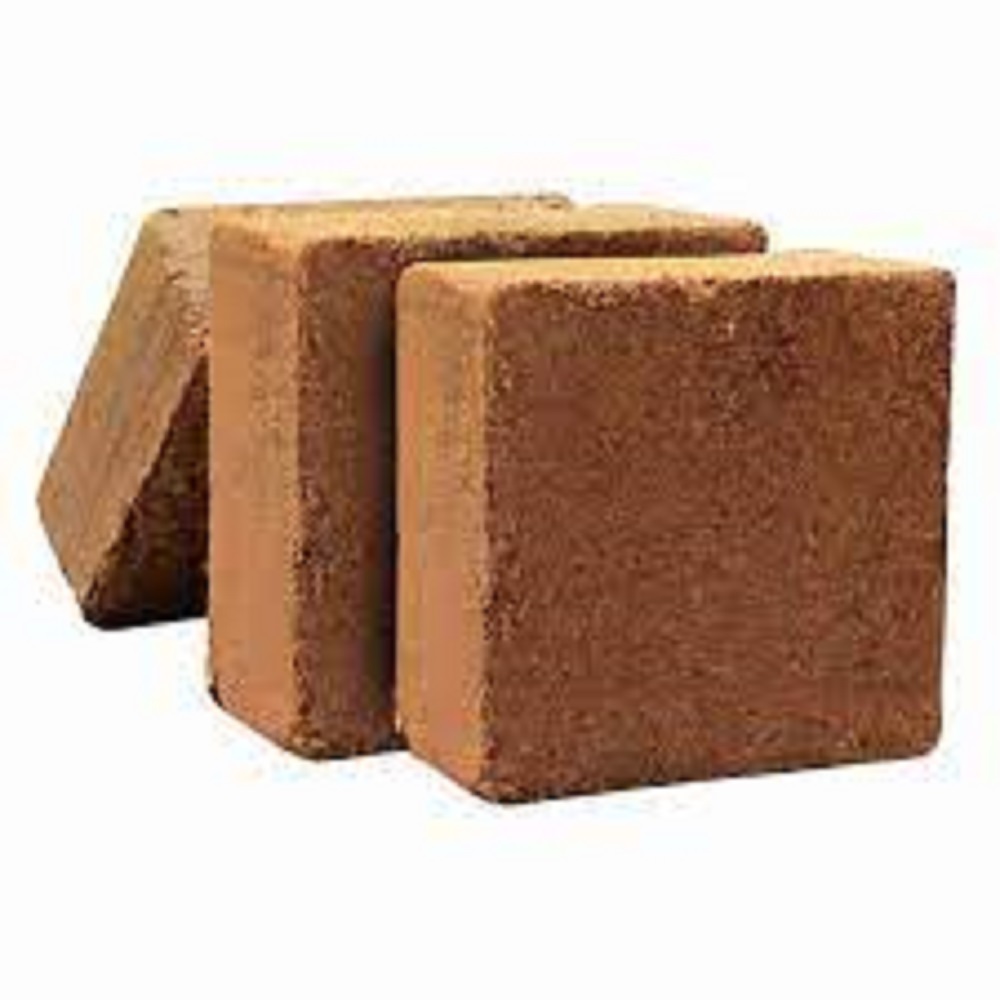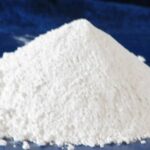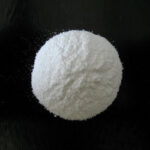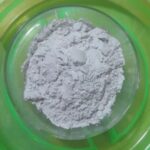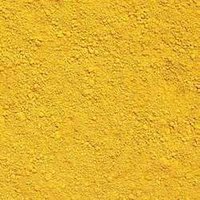Organic Cocopeat Blocks ( Low EC & High EC )
We are the stalwarts in the domain of manufacturing, supplying, wholesaling, and exporting Cocopeat (Bricks) These flavor grade chemicals are processed using pure and accurate ingredients that are procured from reliable and trusted vendors of the market. Our range is available in the market at leading prices in packs of different quantities
Organic Cocopeat Bricks or Blocks, also known as coconut coir bricks or blocks, are a versatile and sustainable growing medium made from the fibrous husk of coconuts. They have a wide range of uses and applications in agriculture due to their excellent water retention, aeration, and nutrient-holding properties.
Here are some common uses and applications for organic cocopeat bricks or blocks in agriculture:
Potting Mixes and Soil Amendment: Cocopeat bricks are often used as a component in potting mixes and soil amendments to improve soil structure and water retention. They help create well-draining soil with good aeration, which is essential for healthy root growth. It can be mixed with garden soil or other growing media to enhance its quality.
Seed Starting: Cocopeat is an ideal medium for starting seeds. It provides a sterile and disease-free environment, retains moisture well, and allows for easy transplanting when seedlings are ready to be moved to larger pots or into the garden.
Hydroponics and Soilless Growing: Cocopeat can be used as a substrate in hydroponic systems or other soilless growing methods. Its ability to hold moisture and nutrients makes it a suitable choice for growing various crops without traditional soil.
Mulching: Organic cocopeat can be used as a mulch in garden beds and around plants. It helps conserve soil moisture, suppress weeds, and regulate soil temperature.
Erosion Control: Cocopeat can be mixed with soil to create erosion control blankets or mats. These mats can be used to stabilize slopes and prevent soil erosion in agricultural fields.
Container Gardening: When growing plants in containers, cocopeat can be used as the primary growing medium or added to potting mixes. It helps container plants retain moisture and nutrients while promoting g
ood drainage.
Greenhouse and Nursery Production: Commercial nurseries and greenhouse operations often use cocopeat as a growing medium for various crops, including ornamental plants, vegetables, and herbs. It provides consistent moisture and aeration, essential for uniform plant growth.
Composting: Cocopeat can be added to compost piles to improve moisture retention and aeration. It helps balance the carbon-to-nitrogen ratio in compost, facilitating decomposition.
Horticultural Research: Cocopeat is frequently used in scientific research and experimentation in horticulture and agriculture due to its consistency and versatility as a growing medium.
Livestock Bedding: In some agricultural settings, cocopeat is used as bedding material for livestock. It offers a comfortable and absorbent surface for animals while absorbing odors and maintaining cleanliness.
Mushroom Cultivation: Cocopeat can be used as a substrate for growing mushrooms, such as oyster mushrooms. It provides an excellent environment for mycelium growth and mushroom production.
Garden Pathways: Cocopeat can be used to create garden pathways by mixing it with other materials like gravel or sand. It provides a comfortable walking surface while allowing water to pass through.
Organic cocopeat bricks or blocks are eco-friendly and sustainable alternatives to traditional peat moss, which is not a renewable resource. They are suitable for a wide range of agricultural and horticultural applications, making them a valuable addition to modern farming practices.



